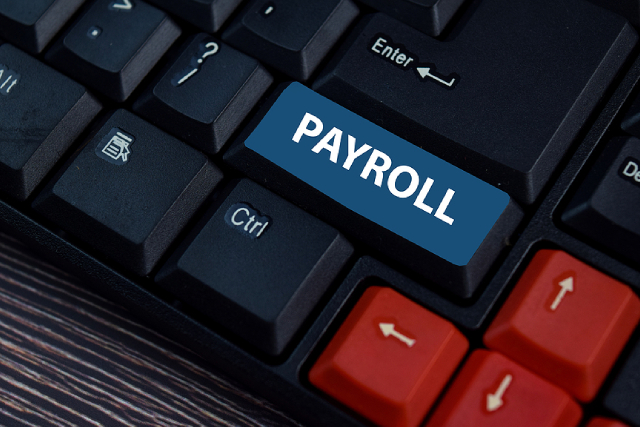As businesses rely more heavily on digital systems for payroll management, the importance of security in these systems has never been greater. Payroll systems store sensitive information such as employee salaries and bank account information, , all of which are prime targets for cybercriminals. Ensuring the security of payroll management systems is crucial to protect this sensitive data from breaches and unauthorised access. In this context, payroll management services help businesses stay compliant with data protection regulations and safeguard employee privacy. In this article, we will explore why security in payroll systems is critical and what businesses can do to enhance the protection of their payroll data.
1. Protecting Sensitive Employee Data
Payroll systems store some of the most sensitive personal data about employees, including their salaries, benefits details, and more. A breach of this data can have serious consequences, including identity theft, financial fraud, and reputational damage to both the company and the affected employees.
By using secure payroll management services, businesses can ensure that employee data is encrypted and stored in a protected environment. Payroll service providers typically implement advanced security protocols, such as data encryption, two-factor authentication, and regular system audits, to safeguard sensitive information.
A secure payroll system helps prevent unauthorised access, ensuring that only authorised personnel can view or modify payroll data. This protects both the business and its employees from the risks associated with data theft or fraud.
2. Reducing the Risk of Internal Fraud
Payroll systems also need to be secure from internal threats. Employees with access to payroll data could potentially manipulate or embezzle funds if the system is not properly secured. Payroll fraud can take many forms, including ghost employees, inflated hours worked, or unauthorised salary changes.
To mitigate the risk of internal fraud, businesses should ensure that payroll systems have strong access controls and audit logs that track who accessed the system and when. Regular monitoring of payroll records and processes can help detect any unusual activity before it leads to financial loss.
Many payroll service providers offer secure, cloud-based payroll systems that provide businesses with the ability to restrict access to specific users. This ensures that only authorised personnel can make changes to payroll records, further reducing the potential for internal fraud.
3. Complying with Data Protection Regulations
Data protection laws impose strict requirements on how businesses collect, store, and process personal data. These regulations include provisions that require businesses to protect sensitive data from unauthorised access and breaches.
By implementing secure payroll management systems, businesses can comply with these data protection regulations and avoid costly fines and penalties. Ensuring that payroll systems meet the necessary security standards also demonstrates a commitment to protecting employee privacy, which can improve trust and employee satisfaction.
4. Ensuring Continuity and Backup
Data loss is another major risk that businesses face when it comes to payroll systems. System failures, cyber-attacks, or accidental deletions can lead to the loss of payroll data, which could cause delays in employee payments and potentially violate tax compliance requirements.
To mitigate this risk, secure payroll systems should have regular backups and disaster recovery protocols in place. Cloud-based payroll systems, for example, often provide automated backup solutions that ensure payroll data is safely stored in multiple locations. This ensures business continuity, even if the system experiences technical issues or security breaches.
5. Preventing Ransomware and Cyberattacks
Cyberattacks, including ransomware, pose a significant threat to payroll systems. In a ransomware attack, cybercriminals may lock up a business’s payroll data and demand a ransom payment in exchange for releasing it. If payroll data is compromised or lost during such an attack, businesses could face severe operational disruptions, financial losses, and damage to their reputation.
Using secure payroll systems that employ proactive security measures, such as real-time monitoring, firewall protection, and malware detection, can help prevent these attacks. Payroll service providers with expertise in cybersecurity can ensure that their systems are regularly updated to defend against emerging threats.
Conclusion
Security in payroll management systems is essential to protect sensitive employee data, reduce the risk of fraud, comply with data protection regulations, and ensure the continuity of payroll operations. By utilising secure payroll systems, businesses can safeguard their data, maintain employee trust, and avoid costly security breaches.
At Acrafile, we offer secure and reliable payroll management services designed to protect your business and employees. Contact us today to learn more about our secure payroll solutions.

